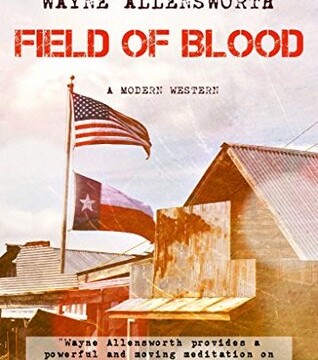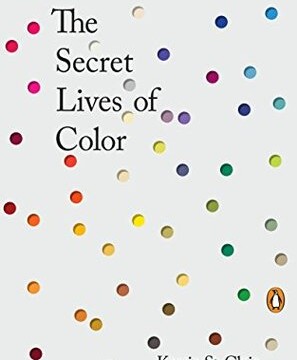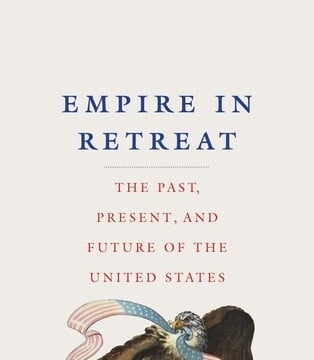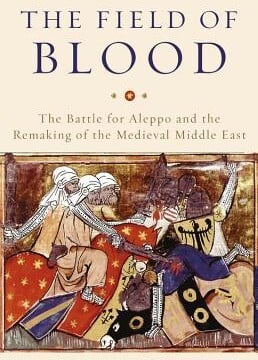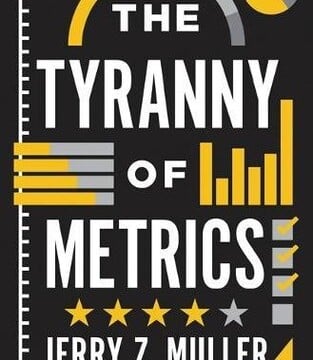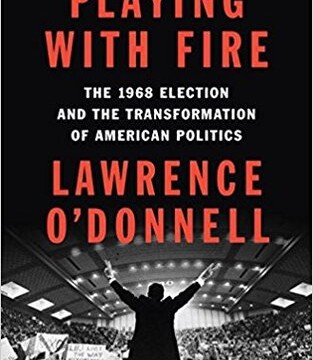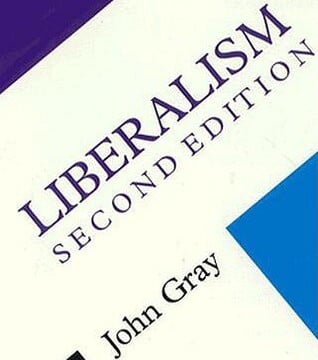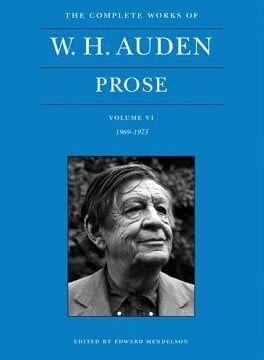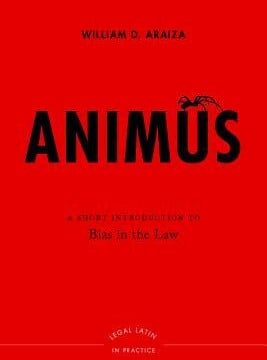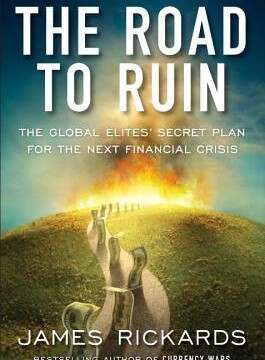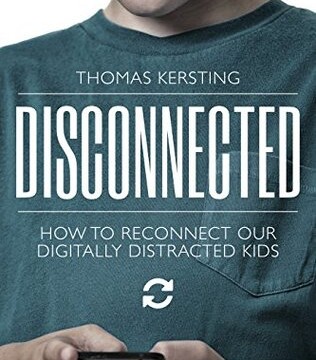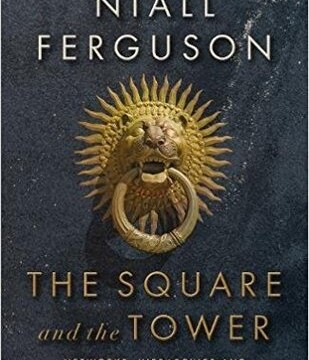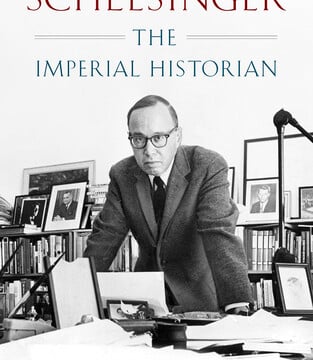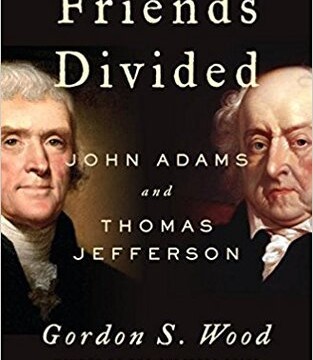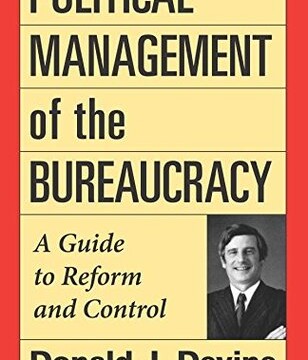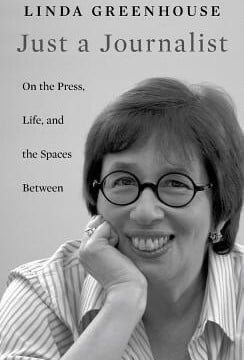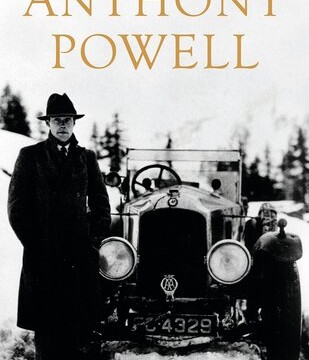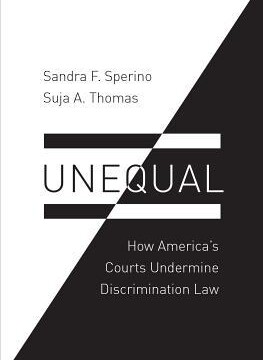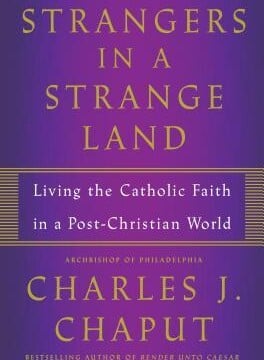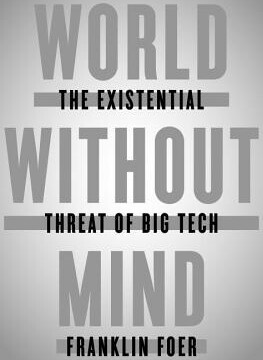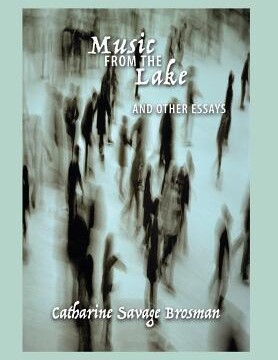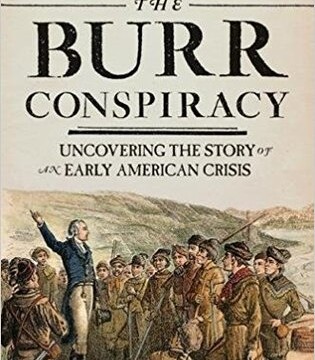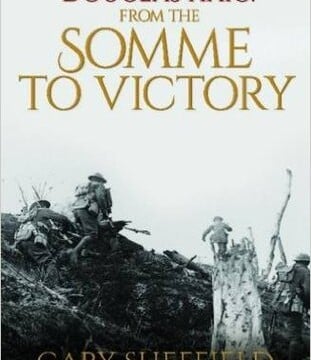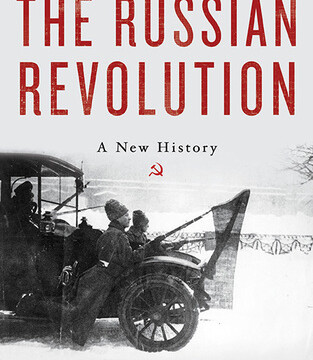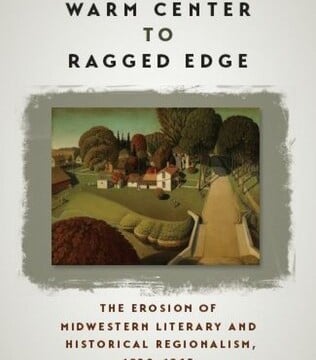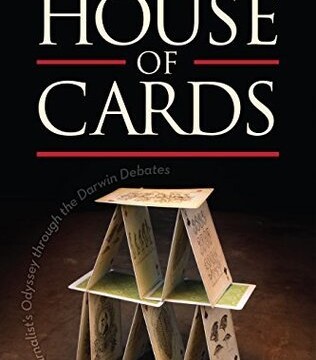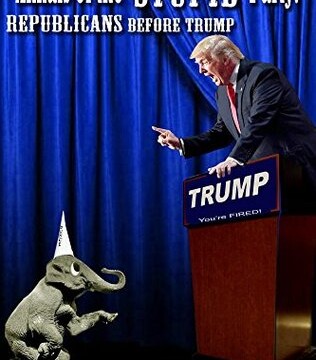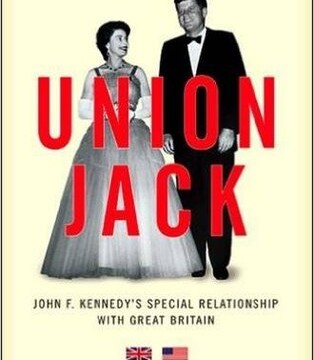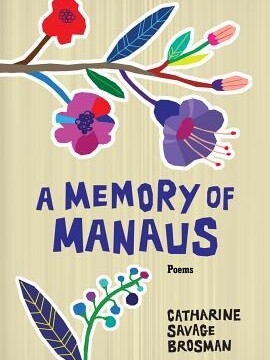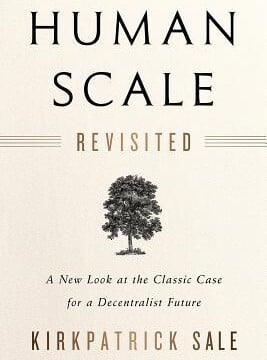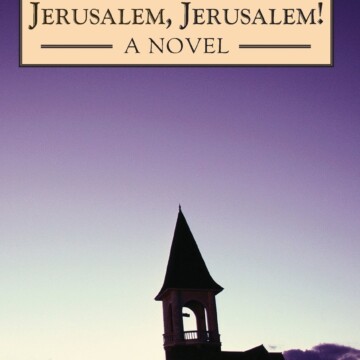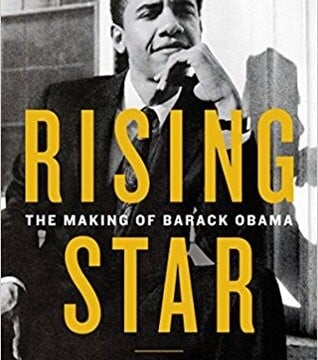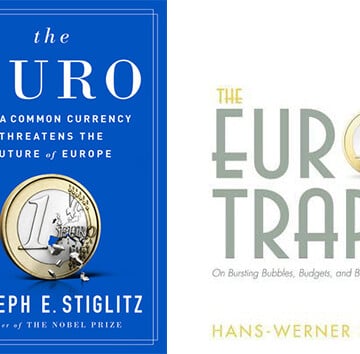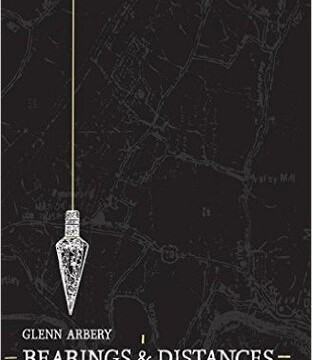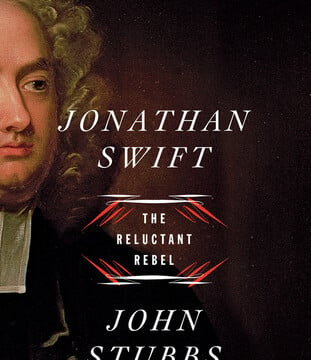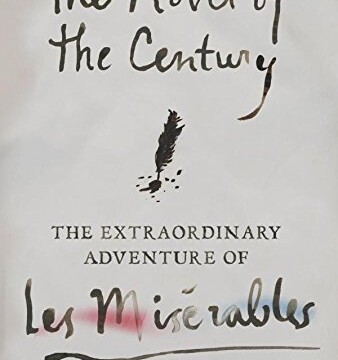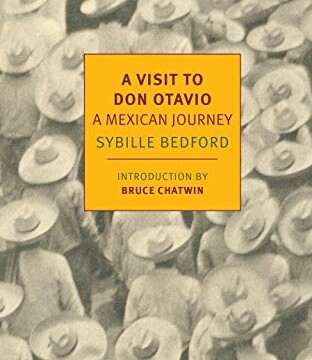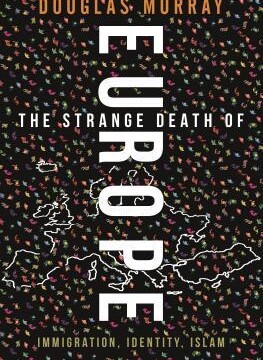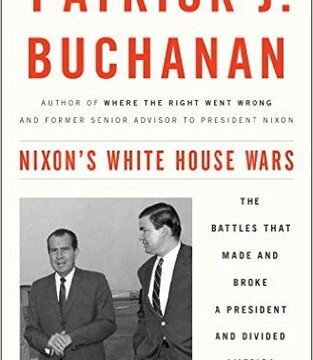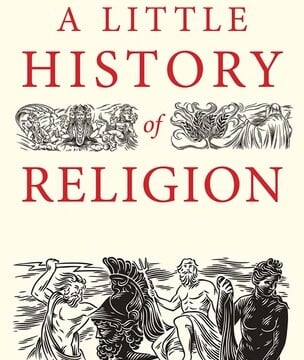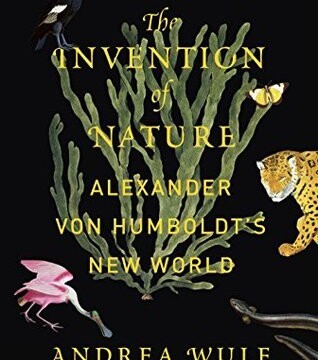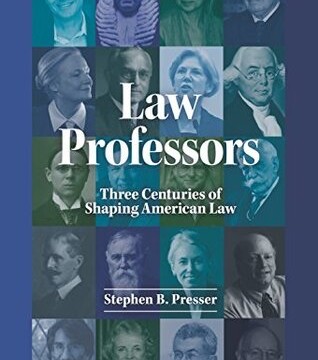Field of Blood is one of the best new novels I have read in many a year, a superbly written book by a Russian scholar and analyst who is also a careful artist, a stylist, and a poet in prose and in form who has accomplished what few essayists and nonfiction authors ever succeed at:...
Category: Reviews
Books in Brief
Theodore Roosevelt: A Literary Life, by Thomas Bailey and Katherine Joslin (Lebanon, NH: ForeEdge; 368 pp., $35.00). Theodore Roosevelt always considered himself a man of letters, and indeed he was one. He began reading widely and writing at an early age, and a day never seems to have passed when he did not read and...
What the Editors Are Reading
Ross Douthat, who converted to Catholicism as a teenager, performed a great service to the Church when he wrote To Change the Church, his assessment of Pope Francis’s pontificate thus far. Despite his many criticisms of Francis, Douthat avoids anger and bitterness, giving the Pope the benefit of every doubt and freely acknowledging that the...
The Anatomy of Color
History can be refracted through countless prisms—cultural, economic, environmental, ideological, moral, national, racial, religious—but one has been oddly unexplored, despite being not just obvious but ubiquitous. That prism is color, an element that suffuses every instinct and thought, hues our whole universe. Since hominids evolved opsin genes, we have been able to distinguish between colors...
Books in Brief
Empire in Retreat: The Past, Present, and Future of the United States, by Victor Bulmer-Thomas (New Haven: Yale University Press; 480 pp., $32.50). This excellent and timely book is of great interest as informed speculation on the future of the United States; at a secondary level, it is a meditation on empire in history. Bulmer-Thomas,...
A Stretch and a Temptation
Next year marks the 900th anniversary of Roger of Salerno’s defeat at Ager Sanguinis, the Field of Blood. The battle raged near Sarmada, west of Aleppo, on June 28, 1119. Roger, regent of Antioch (for the child Bohemond II), led his smaller force against the larger Turkic army of Ilghazi, the Artuqid ruler of Aleppo. ...
The Managerial Racket
Life in America these days has become a vast numbers racket. That is, most Americans are, cannily or not, ensnared in the numbers game called metrics, or what Jerry Muller in his latest book terms the “metrics fixation.” This fixation is founded on the assumption that “If you cannot measure it, you cannot improve it.” ...
All About Trump
Today, all books by liberals really are about President Trump. Such is Playing With Fire: The 1968 Election and the Transformation of American Politics, by MSNBC far-left fake-news host Lawrence O’Donnell. This book’s proxy is Richard Nixon and his 1968 victory for president against Aunt Blabby, a.k.a. Hubert Horatio Humphrey. For Nixon, Humphrey, South Vietnam,...
What the Editors Are Reading
I discovered only by accident a week ago a little book called Liberalism, by the English philosopher John Gray, published originally in 1986 and in its second edition in 1995. For many reasons, I wish I’d known of it earlier, as I’m finding it useful in my continuing pursuit of liberalism—and of the nastier and...
Thank You, Auden!
With the publication of volumes V and VI, the Princeton edition of W.H. Auden’s collected prose is complete in almost 5,000 pages, covering over 45 years of a writing life. These final volumes cover the last ten years of Auden’s life, from 1963 to 1973. They are handsomely presented, and the helpful introductions and notes...
Books in Brief
The Legitimacy of the Human, by Rémi Brague, translated and with an Introduction by Paul Seaton (South Bend, IN: St. Augustine’s Press; 176 pp., $26.00). Rémi Brague, the French Catholic historian and political philosopher, made his wider reputation in the early 1990’s with his book Europe, la voie romaine (in English translation, Eccentric Culture: A...
The Last Ideology
“Liberalism has failed,” writes University of Notre Dame political-science professor Patrick Deneen in his new book with a related title. “Nearly every one of the promises . . . made by the architects and creators of liberalism has been shattered,” he adds. Liberalism has “generated pathologies” that have corrupted the nation’s economy and culture and...
What the Editors Are Reading
I have been reading through, here and there at odd moments as I find the time, the Fall/Winter number of The Chesterton Review, generously sent me by Fr. Ian Boyd, C.S.B., the journal’s editor, and designated its Special Journalism Issue. Chesterton always insisted that he was no more, and no less, than a “jolly journalist,”...
The Court in Quandary
When the Fourth Circuit Court of Appeals affirmed the trial court’s preliminary injunction against President Trump’s executive order restricting immigration from certain countries, it cited Trump’s statements about Islam as its rationale. American Muslims challenging the ban had alleged injury of two types: First, the Muslim plaintiffs felt marginalized by the President’s characterizations; second, they...
The High Price of Wealth
This is no conspiracy theory. There is no secret group that meets secretly to make secret plans to run the global economy. All is done in the open. The global money elite is well known—the G7 leaders, the central banks, the IMF, the World Bank, the Council on Foreign Relations, major hedge-fund managers, corporate CEOs,...
A Billion Sordid Images
Disconnected is not an amusing book. The subtitle’s “digitally distracted” doesn’t hint at its grim findings. This short text—a long one might be too dispiriting—is nevertheless lengthy enough to expose the digital revolution as an outright calamity, though the author generally eschews the apocalyptic tone. Of course, there is the familiar boast that children now...
“Only Connect!”
Niall Ferguson is a distinguished historian of Scottish origin who specializes in big arguments, and contrarian claims. His books are always provocative, frequently infuriating, and often (if not always) correct in their analyses. Unlike most academic historians, he genuinely understands issues of business and finance, both in the contemporary world and in the historic past,...
A Ruthless Charm
Arthur Schlesinger, Jr. was bred in the bone for his role on the stage of 20th-century American history. His father, the historian Arthur Meier Schlesinger, was already a rising academic star when Arthur Jr. was born in 1917 in Iowa City, while, on his mother’s side, the prominent 19th-century historian, George Bancroft, was said to...
Two Friends, Two Americas
Gordon Wood, regarded as the foremost historian of the American Revolution, has written a very fine account of the friendship between John Adams and Thomas Jefferson. Though strained at times, their friendship extended through the turbulence of the War for Independence and through the adoption of the Constitution, went off the rails with the development...
Politics Is Policy
“Drain the swamp!” Donald Trump declared in every campaign speech of 2016. He meant, of course, the Swamp of Washington, D.C., home of the labyrinthine network of centralized bureaucracies that control our lives. It’s also called the Deep State and the Permanent Bureaucracy. Democrats Bill Clinton and Barack Obama as well as the two Republican...
Not Your Brain
Let’s give credit where it’s due. Linda Greenhouse, retired Supreme Court correspondent for the New York Times, is a brilliantly qualified journalist: hard-working, creative, dedicated to the needs of her profession as she understands them. Which seems really to be the problem here; a problem large and grave, requiring critical analysis. Greenhouse’s very personal sense...
Time’s Terpsichorean
Anthony Powell’s million-word, 12-volume novel sequence, A Dance to the Music of Time, is one of the great achievements of postwar English literature, attracting near-universal praise for its subtle and textured evocation of England between World War I and the 1960’s. Powell’s narrator, Nicholas Jenkins, looks on quizzically as a representative cavalcade of 20th-century characters...
Drain the Racket
When Title VII of the Civil Rights Act of 1964 was first passed, “help wanted: men” and “help wanted: women” ads were common in newspapers. Private employers could hire and fire for discriminatory reasons. Title VII made discriminatory ads and the hiring practices they represent illegal. In their new book, Unequal, two law professors, Sandra...
Shepherd in a Strange Land
“I’m a pastor, not a scholar,” Archbishop Charles J. Chaput, head of the Archdiocese of Philadelphia since 2011, said when I interviewed him earlier last year for Catholic World Report about his new book. “A bishop’s job is helping people get to heaven, not to Washington.” In fact, since the death of Francis Cardinal George...
Big Tech as Big Brother
Conservatives more than anyone else view with a gimlet eye the rise of the Internet and the gigantic tech companies that are taking over ever larger parts of our lives. Even the place where most of these companies dwell, Silicon Valley, is a bastardization of its real name, Santa Clara, or St. Claire of Assisi,...
How to Live
In her Preface to this collection, Catharine Savage Brosman tells the reader that these essays are of three kinds: recollections of her own life and family, commentaries on literature, and examinations of the current state of American culture. Taken together, her essays, Brosman says, are “an exercise in seeing the world, even feeling it, and...
Book in Brief
The Burr Conspiracy: Uncovering the Story of an Early American Crisis, by James E. Lewis, Jr. (Princeton University Press; 728 pp., $35.00). This well-written and readable book considers the political and social context of the so-called Burr Conspiracy (1805-06), in which Jefferson’s former Vice President Aaron Burr was rumored to have plotted to enlist conspirators...
Mission Accomplished
Gary Sheffield is an old hand at writing the history of World War I. In addition to being a professor of war studies at the University of Wolverhampton, he was co-editor of Douglas Haig: War Diaries and Letters, 1914-18. It is obvious that he wishes to set not just the United Kingdom but the whole...
What’s Sweet and Proper
Stage play premiered June 9, 2017, the Sheen Center, New York City • Producer: Fr. Peter John Cameron, O.P., Blackfriars Repertory Theatre • Director: Peter Dobbins, Storm Theatre Company • Assistant Director: Fr. Peter John Cameron, O.P. • Choreographer: Jennifer Delac • Cast: Nicholas Carrière (Sassoon), Sarah Naughton (Death), Michael Raver (Owen) Joseph Pearce has...
Fire in the Minds of Men
Recently, we marked the 100th anniversary of the 1917 Russian Revolution, an event sparked by the revolutionary fire in the minds of men that has burned for as long as there have been men on the earth. In the modern era, revolution ignited in France in the 18th century. It caught fire again in 1848,...
Regional Anthem
A century ago, the American Midwest was in the ascendant, widely acknowledged as the nation’s vital Heartland, a place characterized by a morally strong and independent populace, a relatively egalitarian distribution of wealth in land (the classic 160 acre family farm), and true democratic values. The print media of the day celebrated its distinctive farm...
Why Are We Here?
Where does life come from, and why is it what it is? These are great mysteries. Even so, Darwinian theorists tell us it is nothing but a mechanical process that in principle is entirely explicable by reference to biochemistry, and thus to well-known properties of matter. The key, they say, is random variation and natural...
Stupid Is Not Enough
When Donald Trump defeated Ted Cruz in the 2016 Indiana presidential primary, the race for the Republican Party nomination was over. The prize was Trump’s. The next day, House Speaker Paul Ryan announced that he was not yet ready to endorse the standard-bearer. George H.W. Bush, George W. Bush, and Jeb Bush quickly followed suit,...
The Camelot-Chequers Axis
Christopher Sandford of this parish is not only an adorner of these pages but has also garnered considerable status as a cultural historian. His inquiring eyes range widely, playing over everything from cricket to Kurt Cobain, the Great War to The Great Escape, Conan Doyle to Eric Clapton, and countless other late-19th- and 20th-century Anglospheric...
Stepping Ashore
The best poetry—great poetry—happens when sound, rhythm, and image bring about a mysterious feeling of wholeness that somehow draws mind, body, and spirit together in what both Yeats and Eliot envisioned as a unified dance. What we call “the power of the word” is really a pattern of words in a rhythm originating in heartbeat...
A Great Perhaps
“I am going to seek a great perhaps . . . ” —François Rabelais Sale’s theme is the restoration of “human scale” in all our works: architectural, political, economic, educational, and technological. His thesis is that only radical decentralization can achieve this aim. Sale first ventured into this territory with a book called Human Scale,...
Realism of the Real
A century ago, the Kansas-born and Vermont-based writer Dorothy Canfield Fisher spoke of the importance of place, as well as of time, in the formation of a culture and in the shaping of individuals within a culture: Some wise man has said that the date of a man’s life depends not on the calendar, but...
Choose Your Side
The first thought that occurred to me upon receiving a review copy of David Garrow’s hefty biography of our former president was, besides its weight (four pounds), how the jacket photograph perfectly expresses what is revealed in 1,084 pages of text. It was taken in 1990 while Obama was at Harvard Law School, three years...
The E.U.’s Soft Underbelly
E.U. enthusiasts have recently scored a hat trick of good news. First, there was the election of Rothschild banking protégé Emmanuel Macron to the presidency of France along with a parliamentary majority, followed by the much-improved pre-election poll ratings of German Chancellor Angela Merkel, and now the Tories’ loss of their party’s once solid parliamentary...
Making It Close
Following the publication of Wise Blood in 1952, whispered speculation commenced among the novelist’s relatives, who wondered how an innocent Catholic girl from a genteel Southern background could have acquired the worldly experience to write the early scene in which Hazel Motes enters a stall in the men’s room at the local train station, reads...
Still Unexplained
Jonathan Swift (1667-1745), dean of St. Patrick’s Church of Ireland cathedral in Dublin, was a most remarkable man. To begin with, he wrote two of the cleverest, most original books in English, Gulliver’s Travels and A Tale of a Tub, in prose that David Hume described as “the first polite prose we have,” i.e., the...
Books in Brief
The Retreat of Western Liberalism, by Edward Luce (New York: Atlantic Monthly Press; 240 pp., $24.00). Almost by the author’s admission, the title of this book is a falsehood. Liberalism is not retreating. It is being pushed back by “populists,” which is what liberals call people who are against liberalism because they are, for the...
What the Editors Are Reading
As the author of a travel book as well as many novels, I’ve often suspected that writing a superior work in the first category is a greater challenge than writing one in the second. The comparative difficulties become clear when you develop the same material, as nonfiction first and then again as a novel, with...
A Terrible Twilight
George Dangerfield’s The Strange Death of Liberal England was published in 1935. It is an exceptionally well-written book and became a cult classic, its haunting title suggesting a mysterious crime, as in a thriller. Dangerfield’s theme was the decay of the civilization created by the British Liberal movement in the years that led up to...
The Tragedy of Richard Nixon
Pat Buchanan’s new biography of Richard Nixon’s presidency is the first volume anyone looking at that tumultuous time should turn to. Having served as Nixon’s researcher and speechwriter starting in 1966, Buchanan, not yet 30, followed the victorious President into the White House in 1969. In Nixon’s White House Wars, Buchanan makes it clear that...
The Tragedy of Richard Nixon
Pat Buchanan’s new biography of Richard Nixon’s presidency is the first volume anyone looking at that tumultuous time should turn to. Having served as Nixon’s researcher and speechwriter starting in 1966, Buchanan, not yet 30, followed the victorious President into the White House in 1969. In Nixon’s White House Wars, Buchanan makes it clear that Nixon’s tragic...
A Long Way Behind
Yale’s Little Histories represent an admirable project, whereby true experts perform the exceedingly difficult task of summarizing a large field of knowledge in a short space, and in an accessible manner. Ideally, the resulting book offers a good introduction for the novice, while even the most knowledgeable reader will gain some new insight. Even within...
Books in Brief
This is an excellent and very readable book about the life and work of a man with whose name every educated person is familiar, but about whom (and which) few people in America today know very much, though his 100th birthday in 1869, only a decade after his death, was spectacularly celebrated across the United...
What the Editors Are Reading
A casual mention by a friend of The Magnificent Ambersons, the novel by the Midwestern American novelist and playwright Booth Tarking ton (1869-1946) translated to the silver screen by Orson Welles, sent me to my library to renew my acquaintance with a book I read many years ago. Instead of Ambersons, however, the book I...
Splendid Dishonesty
Stephen B. Presser, Chronicles’ legal-affairs editor, identifies a crisis in American legal education. In his book Law Professors, he shows us why a newly minted graduate of an elite American law school has no clue how to handle a case or provide useful legal services. This is not a matter of just being young or...
